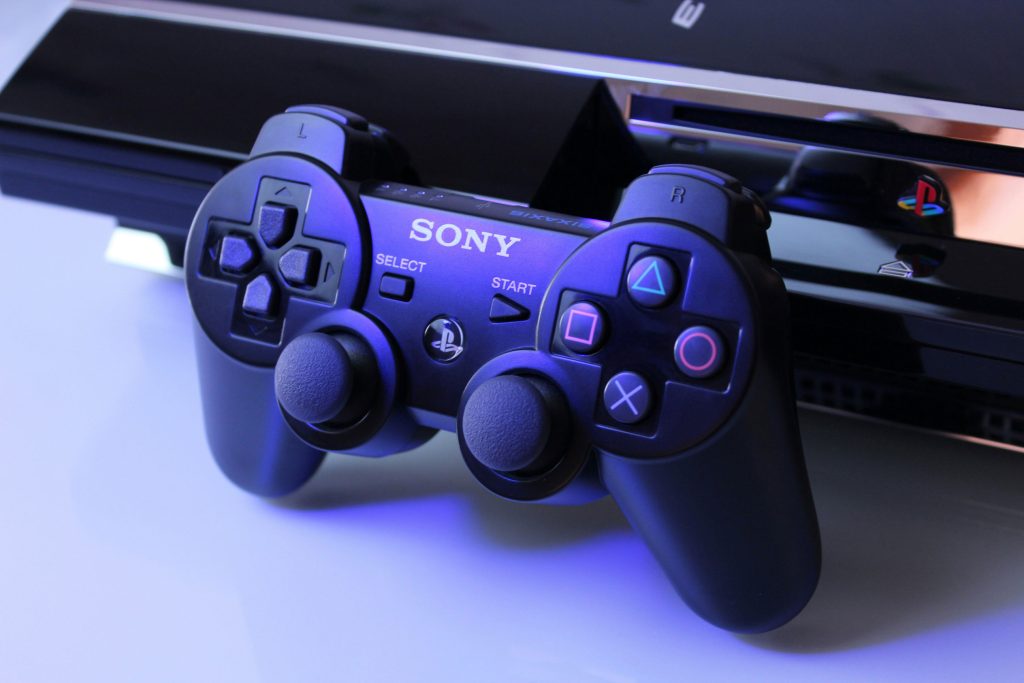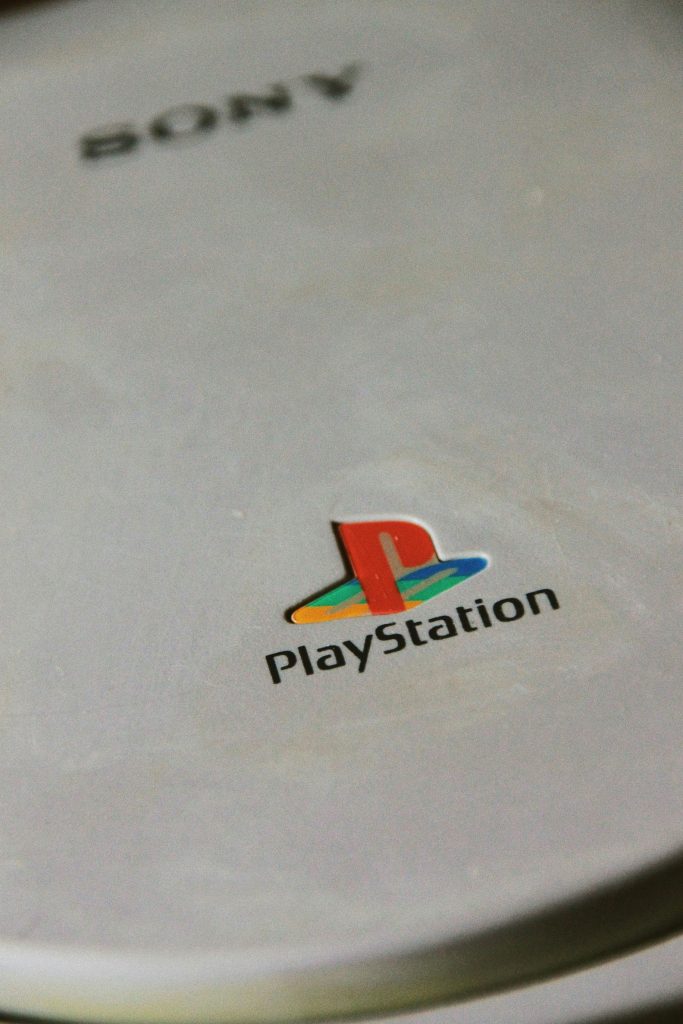
A Pillar of Modern Gaming
PlayStation is a prominent video gaming brand owned and produced by Sony Interactive Entertainment (SIE), a division of the Japanese conglomerate Sony. The brand's flagship offerings include a series of home video game consoles, along with handheld devices, online services, magazines, and various media forms.
The PlayStation brand originated with the release of its first home console in Japan in 1994, followed by a worldwide launch the next year. It quickly became the first console of any kind to ship over 100 million units, establishing itself as a globally recognized brand. Since then, numerous newer consoles have been released, with the most recent being the PlayStation 5, launched in 2020. The PlayStation line also includes handheld consoles and various electronics, such as media centers and smartphones.
The series relies on the DualShock controllers, a line of vibration-feedback gamepads that have sold over 28 million units as of June 2008. SIE operates various online services, including PlayStation Network, the PlayStation Store, and the subscription-based PlayStation Plus, which also offers non-gaming entertainment options. As of December 2019, the PlayStation Network had over 103 million active users monthly.
PlayStation boasts a strong lineup of first-party games developed by PlayStation Studios, a group of studios owned by Sony Interactive Entertainment that create exclusive titles for PlayStation consoles. The series also features budget re-releases of games under different names for various regions, including Greatest Hits, Platinum, Essentials, and The Best.
Recognized for its four iconic face buttons, PlayStation has implemented numerous marketing campaigns, the latest being "Greatness Awaits" and "Play Has No Limits," promoting the brand's expansive game offerings and appeal.

The Origin
PlayStation was the brainchild of Ken Kutaragi, a Sony executive who managed one of the company's hardware engineering divisions and was later dubbed "The Father of the PlayStation".
Until 1991, Sony had little direct involvement with the video game industry. The company supplied components for other consoles, such as the sound chip for the Super Famicom from Nintendo, and operated a video game studio, Sony Imagesoft. As part of a joint project between Nintendo and Sony that began as early as 1988, the two companies worked to create a CD-ROM version of the Super Famicom, though Nintendo denied the existence of the Sony deal as late as March 1991. At the Consumer Electronics Show in June 1991, Sony revealed a Super Famicom with a built-in CD-ROM drive that incorporated Green Book technology or CD-i, called "Play Station" (also known as SNES-CD). However, a day after the announcement at CES, Nintendo announced that it would be breaking its partnership with Sony, opting to go
0 Comments